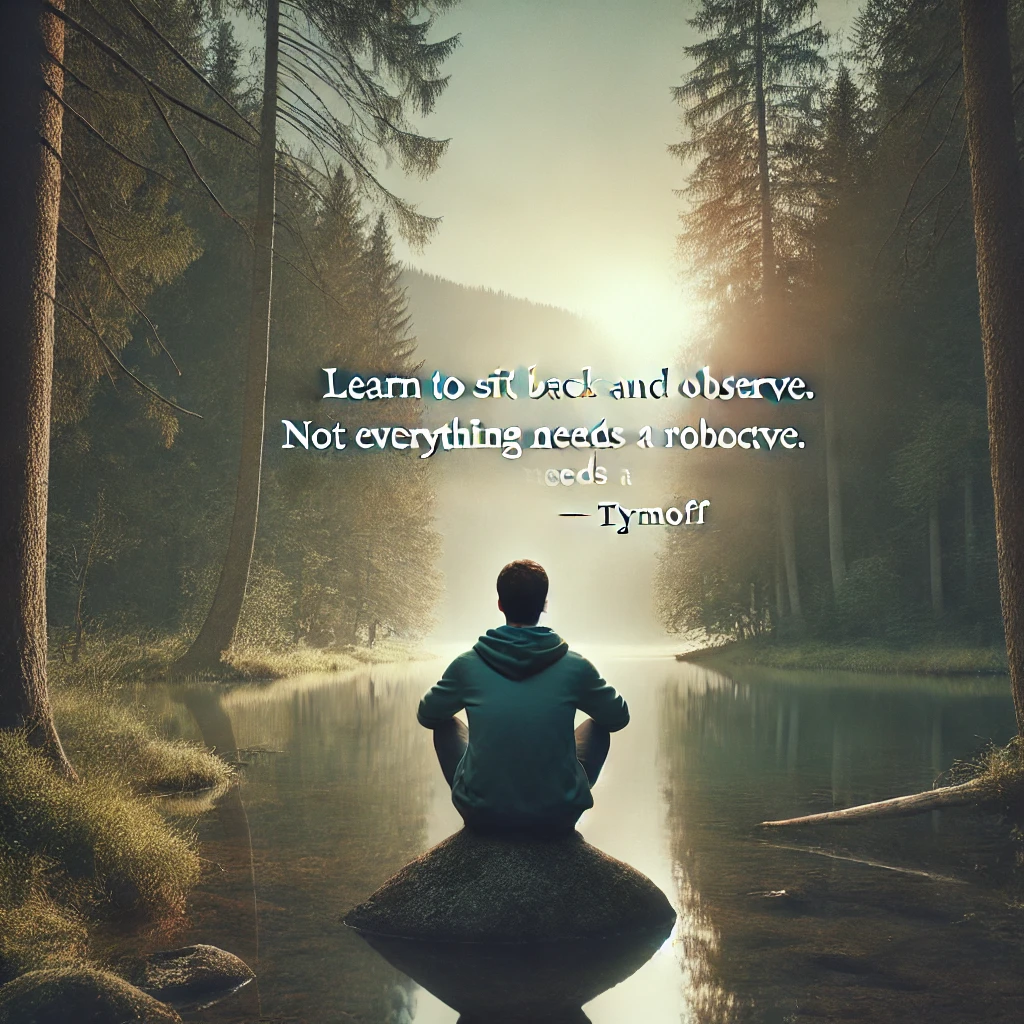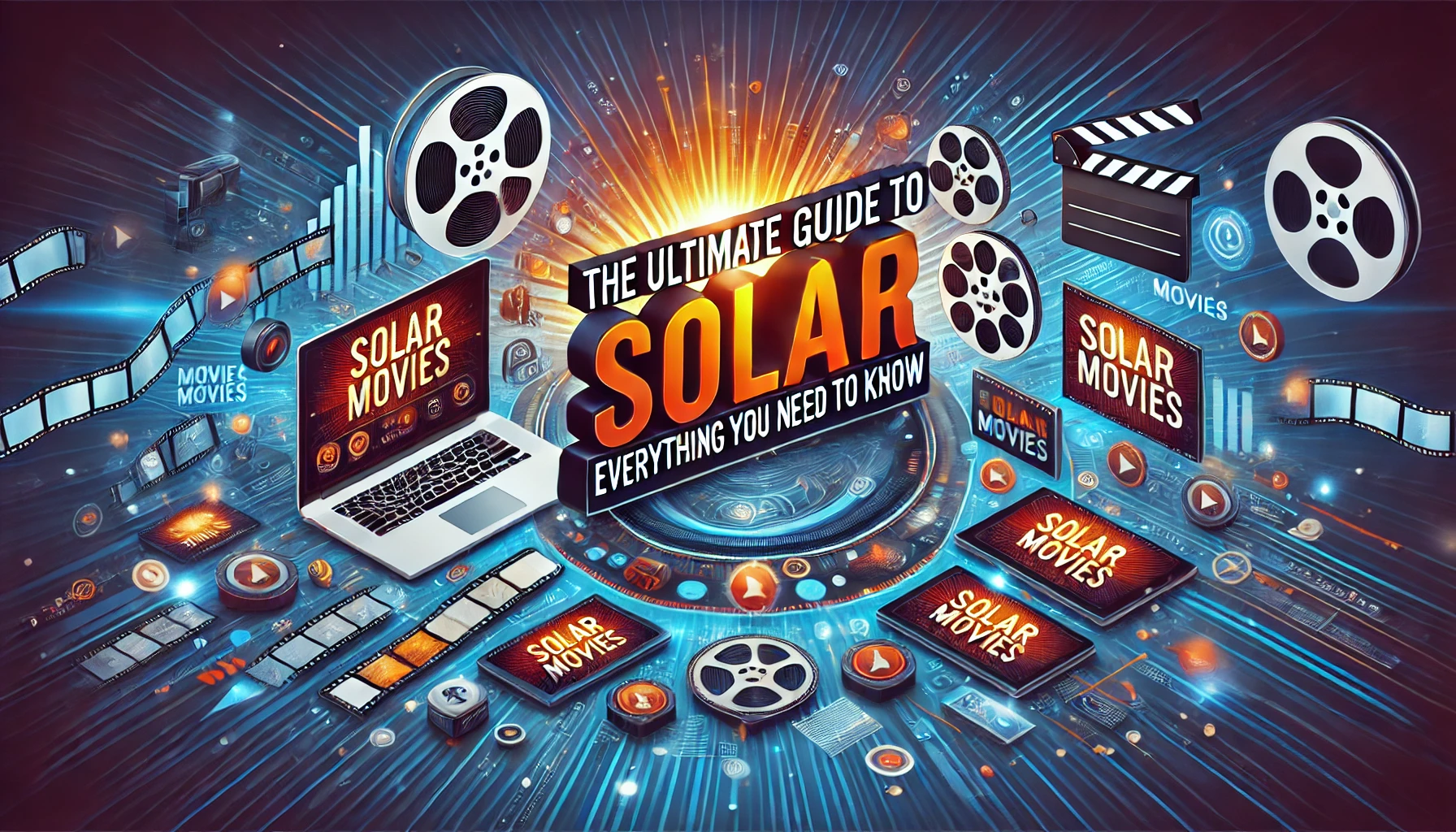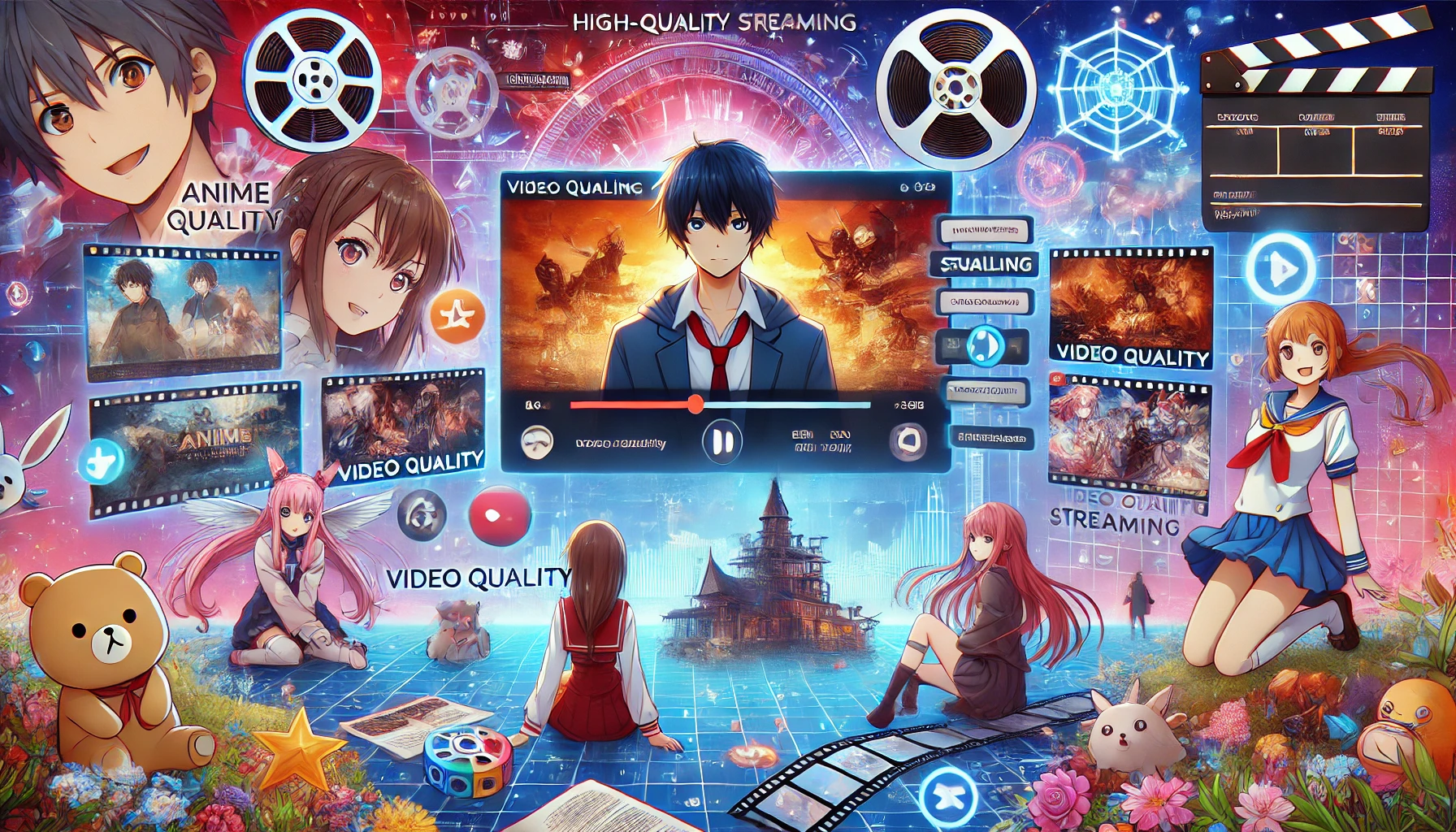In our busy, reaction-driven world, the principle of Learn to Sit Back and Observe. Not Everything Need – Tymoff serves as a powerful reminder of the value of patience, self-awareness, and restraint. This mindset encourages us to practice observation over reaction, allowing us to process events more calmly and thoughtfully.
In this article, we’ll dive deeply into what it truly means to “learn to sit back and observe. Not everything needs a reaction,” as Tymoff so insightfully advises. We’ll explore why adopting this perspective can benefit your mental health, relationships, career, and personal growth. By the end of this article, you’ll understand why this approach is more relevant today than ever and how you can incorporate it into your own life for greater peace and satisfaction.
Why “Learn to Sit Back and Observe” Matters Today
In an age where social media, 24/7 news, and constant notifications shape our interactions, it’s easy to fall into a pattern of reacting impulsively. Tymoff’s message, “Learn to sit back and observe. Not everything needs a reaction,” is a gentle but powerful nudge away from this habit. Here’s why this approach can be transformative:
- Gaining Perspective: When we jump to conclusions or react emotionally, we often lack a complete understanding of the situation. By learning to sit back and observe, we create space for perspective to emerge, allowing us to see the bigger picture.
- Avoiding Unnecessary Stress: Immediate reactions can often lead to increased stress, especially if we find ourselves engaging in arguments or feeling the need to defend every opinion. Adopting a more observational stance can reduce anxiety and bring peace.
- Building Emotional Intelligence: Practicing observation rather than reaction builds emotional intelligence, teaching us to recognize our emotions and respond thoughtfully rather than impulsively.
The Science Behind “Not Everything Needs a Reaction”
Science supports Tymoff’s advice to “learn to sit back and observe.” Studies show that mindfulness—the practice of observing thoughts and feelings without immediate reaction—can lead to lower stress levels, improved mental clarity, and better decision-making. When we take a step back to observe, we engage our brain’s prefrontal cortex, which is responsible for rational thinking and impulse control.
Impulsive reactions, on the other hand, are often driven by the amygdala, the brain’s emotional center. This can lead to reactive decisions that we might later regret. Learning to observe before reacting strengthens our brain’s ability to make well-thought-out decisions.
How to Practice “Learn to Sit Back and Observe. Not Everything Needs a Reaction”
Adopting the “learn to sit back and observe” mindset doesn’t happen overnight, but small, intentional steps can make it part of your daily life.
1. Practice Mindfulness Meditation
Mindfulness meditation is one of the most effective ways to “learn to sit back and observe.” This practice teaches us to focus on the present moment, noticing our thoughts and feelings without judgment. By engaging in mindfulness, we train our brains to pause before reacting, which reinforces the Tymoff principle of “not everything needs a reaction.”
2. Identify Your Triggers
Many people react automatically to certain situations, especially those tied to stress or personal sensitivities. Spend some time identifying what situations make you react quickly. Are there particular comments, behaviors, or people that tend to trigger a strong response? By knowing these triggers, you’ll be better prepared to observe them instead of reacting.
3. Count to Ten
It might sound simplistic, but taking a few seconds to pause and breathe can have a powerful impact. The next time you feel the urge to react, pause and count to ten. This short break can give you just enough time to assess the situation and decide if a reaction is truly necessary.
4. Engage in Active Listening
To truly “sit back and observe,” practice active listening. This means fully concentrating on what the other person is saying rather than planning your response. Active listening shows respect for others’ perspectives and can prevent miscommunications, reducing the need for quick reactions.
5. Reflect at the End of the Day
Take a few minutes each day to reflect on moments when you observed rather than reacted. Notice how those choices impacted your day, your relationships, and your emotional state. This practice will reinforce the benefits of Tymoff’s philosophy, making it easier to integrate into your life.
Benefits of Following Learn to Sit Back and Observe. Not Everything Need – Tymoff
1. Enhanced Mental Clarity and Focus
By reducing unnecessary reactions, we can focus more clearly on our priorities. The habit of sitting back and observing allows us to channel our energy toward what truly matters rather than getting caught up in fleeting emotions.
2. Stronger Relationships
Constantly reacting can create misunderstandings or unnecessary conflicts with those around us. When we take the time to observe, we often find that many things don’t need our input. This can lead to more harmonious and fulfilling relationships.
3. Greater Emotional Resilience
When we learn to sit back and observe, we build a habit of resilience. Rather than being controlled by external events, we gain control over our own emotions. This can make us more adaptable to life’s ups and downs.
4. Improved Decision-Making
Quick reactions often lead to hasty decisions that we might later regret. Observing without immediate reaction helps us weigh our options carefully, leading to better decisions in the long run.
Applying Tymoff’s “Learn to Sit Back and Observe” in Specific Situations
At Work
In the workplace, the ability to observe without immediate reaction is especially valuable. It can prevent office conflicts, help you avoid saying something in the heat of the moment, and improve your professional relationships. Try observing team dynamics before reacting in meetings, allowing yourself to absorb information fully.
In Relationships
Whether with a partner, family, or friends, relationships thrive when we give each other space. “Not everything needs a reaction” applies especially well here; by sitting back, you allow others to express themselves fully without feeling judged or interrupted.
On Social Media
Social media is filled with opinions, debates, and sensationalized news. Rather than reacting to every post or comment, try scrolling through with a mindset of observation. This practice can help reduce stress and keep you focused on meaningful interactions.
During Personal Challenges
When faced with personal challenges or difficult decisions, sitting back and observing can help us approach the situation with a calm mind. Instead of letting emotions drive our choices, we can make decisions that align with our long-term goals and values.
Building a Lifestyle Around “Learn to Sit Back and Observe”
Making Tymoff’s principle a core part of your life isn’t just about restraint—it’s about creating a lifestyle centered on mindfulness, patience, and thoughtful actions. Here are some additional practices to reinforce this mindset:
- Journaling: Write down moments when you chose observation over reaction. Reflecting on these instances will reinforce this mindset.
- Setting Boundaries: Reduce exposure to environments that trigger impulsive reactions, whether it’s certain social media channels, stressful relationships, or high-pressure environments.
- Celebrating Small Wins: Acknowledge your progress. Every time you observe rather than react, you are building a more peaceful and resilient mindset.
Read must: Understanding the White Oak Global Advisors Lawsuit
Final Thoughts
The wisdom of Learn to Sit Back and Observe. Not Everything Need – Tymoff is a timeless reminder to embrace patience and mindfulness in a world that often demands the opposite. By incorporating this principle into your life, you create a space of calm, clarity, and control. This approach not only benefits your mental health but also strengthens relationships, improves decision-making, and brings more meaning to daily interactions.
Learning to sit back and observe isn’t always easy, but the rewards are immense. Each moment we choose observation over reaction is a step toward a more thoughtful, fulfilling life.




